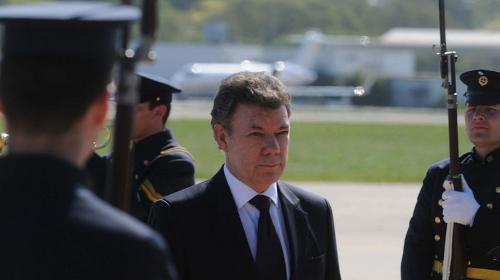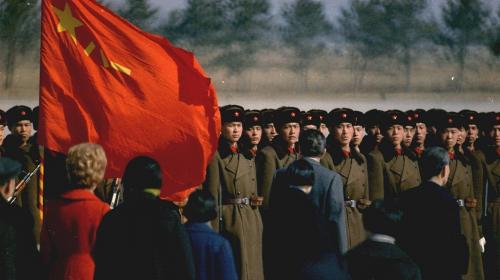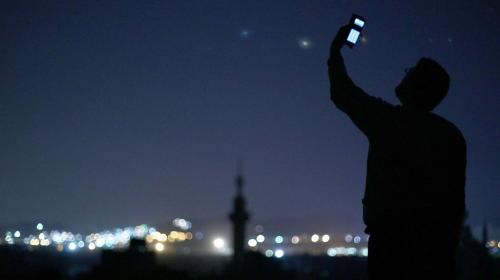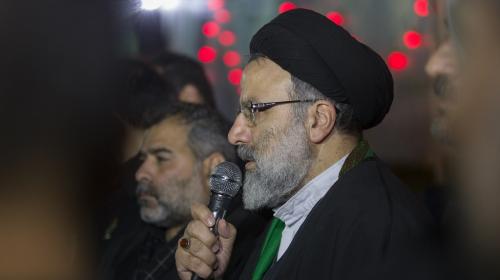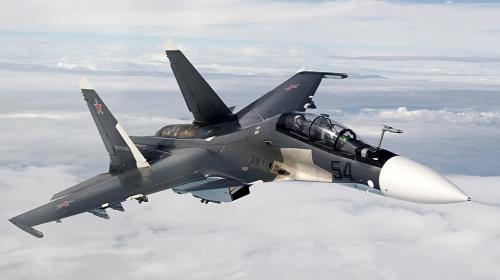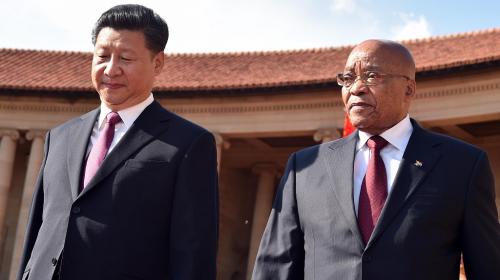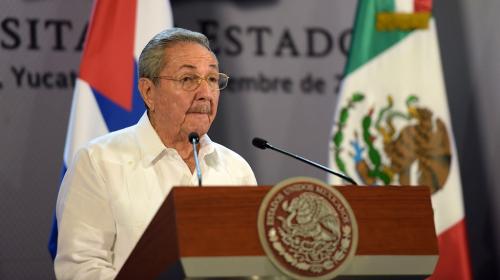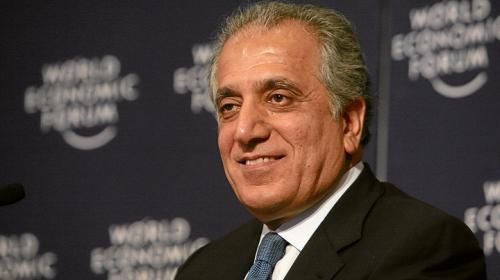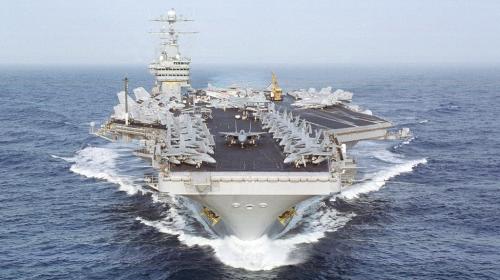This week, more than 7,000 FARC rebels turn in their weapons as part of the Colombian peace agreement; a new computer virus from the Ukraine wreaks havoc on governments and businesses worldwide; a generic and inexpensive HIV drug will be introduced in Kenya, Nigeria, and Uganda; and more.
Normalizing a nuclear North Korea offers the United States the opportunity to cauterize the nuclear risk by reducing tensions just as Nixon's normalization cauterized nuclear China in the 1970s, writes Bennett Ramberg.
In Foreign Affairs, Mark Latonero breaks down the limits of technology in solving Syria's intractable refugee crisis. He argues that policymakers should remain skeptical of the attitude that "there’s an app for that."
Although moderate Iranian President Hassan Rouhani won reelection last month, hardliners made significant gains and could win the presidency in the next election, Koichiro Tanaka told Pacific Council members during the Edgerton Series on Iran and Turkey.
This week, Russia vows to shoot down U.S. jets in Syria flying west of the Euphrates; construction of a border wall fuels a diplomatic row between Ecuador and Peru; officials from the BRICS nations meet in South Africa; and more.
The United States must step up its game on U.S.-Africa trade and investment, writes Grant Harris, or it will effectively cede the region to China.
This week on Global Beat, Cuba announces plans to hold elections later this year; Otto Warmbier is medically evacuated from North Korea to the United States; and more.
This week on Global Beat, several countries in the Gulf region sever diplomatic ties with Qatar; South Korea’s new president suspends the deployment of a U.S. antimissile defense system; Puerto Ricans decide on statehood; and more.
A special dinner event featuring Amb. Zalmay Khalilzad, former U.S. Permanent Representative to the United Nations (2007-2009), U.S. Ambassador to Iraq (2005-2007), and U.S. Ambassador to Afghanistan (2003-2005).
China and Russia have decided that the sea is the place to challenge America’s global leadership, write Robert C. O'Brien and Jerry Hendrix. President Trump must rebuild the U.S. Navy to keep command of the oceans.


